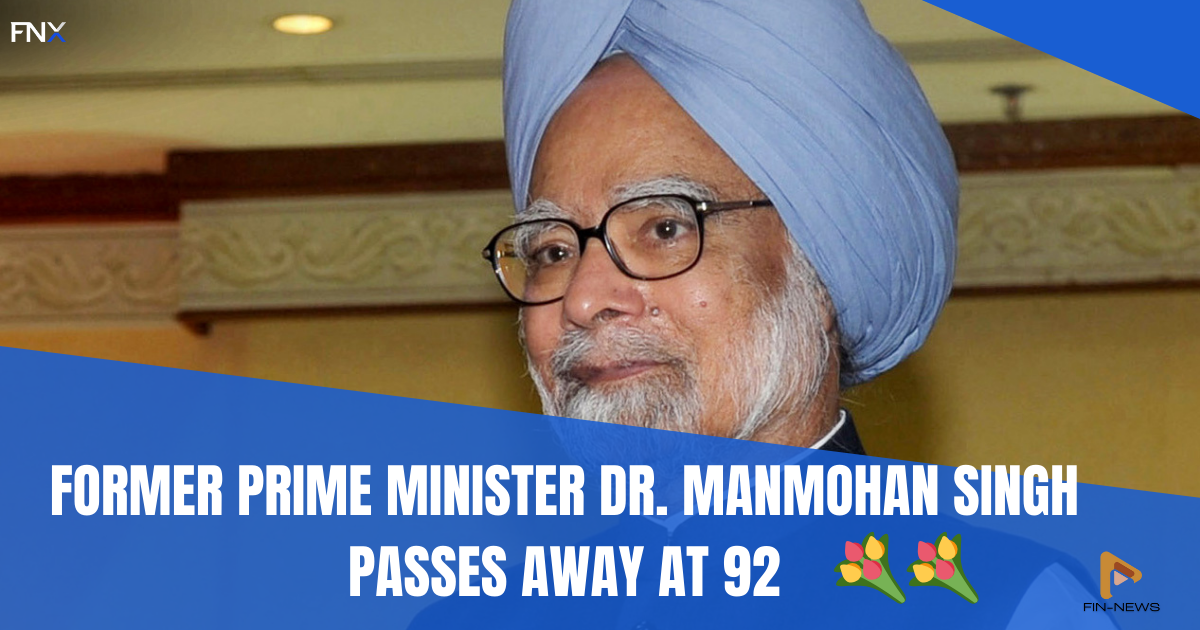
Former Prime Minister Dr. Manmohan Singh, a towering figure in Indian politics and economics, passed away on December 26, 2024, at the age of 92. His death at the All India Institute of Medical Sciences (AIIMS) in New Delhi has prompted a wave of tributes from leaders across the political spectrum, reflecting on his profound impact on India's economic landscape.
A Legacy of Economic Reform
Dr. Singh's tenure as Finance Minister in 1991 marked a watershed moment in India's economic history. Faced with a severe balance of payments crisis, he implemented groundbreaking reforms that liberalized the Indian economy. His policies dismantled the License Raj, reduced tariffs, and encouraged foreign investment, setting the stage for India's rapid economic growth. The introduction of the New Economic Policy (NEP) not only stabilized the economy but also integrated India into the global market.
Key Achievements as Finance Minister:
Liberalization of Trade:** Dr. Singh significantly reduced import tariffs and opened up various sectors to foreign investment.
Privatization Initiatives:** He initiated the privatization of state-owned enterprises, enhancing efficiency and competitiveness.
Financial Sector Reforms:** His reforms modernized India's banking sector, leading to increased access to credit and financial services.
Prime Ministerial Tenure: 2004-2014
Dr. Singh served as Prime Minister from 2004 to 2014, leading the United Progressive Alliance (UPA) government during a period marked by significant economic growth and social development initiatives. His leadership was characterized by a commitment to inclusive growth and poverty alleviation.
Notable Achievements During His Premiership:
National Rural Employment Guarantee Act (NREGA):** This landmark legislation provided a legal guarantee for at least 100 days of unskilled wage employment in a financial year to every rural household.
Right to Information Act (RTI):** Implemented in 2005, this act empowered citizens to seek information from public authorities, promoting transparency and accountability in governance.
Civil Nuclear Agreement with the United States:** Signed in 2005, this agreement marked a significant shift in India's foreign policy and energy strategy, allowing for civilian nuclear cooperation with the U.S.A Quiet Reformer
Known as a "quiet reformer," Dr. Singh's leadership style was often understated yet profoundly effective. He navigated complex coalition politics while maintaining a focus on economic stability and growth. His tenure saw India emerge as one of the fastest-growing economies in the world, with GDP growth rates frequently exceeding 8%.
Tributes and National Mourning
Following his passing, the Indian government declared seven days of national mourning. Leaders from various political parties have expressed their condolences and admiration for Dr. Singh's contributions to nation-building. Prime Minister Narendra Modi described him as a "towering personality" who reshaped India's future through his visionary policies.
Dr. Singh's legacy is one of resilience and reform; he leaves behind an indelible mark on India's economic trajectory and governance. As India reflects on his life and achievements, it is clear that his contributions will continue to influence future generations.

Leave a comment
Your email address will not be published. Required fields are marked *